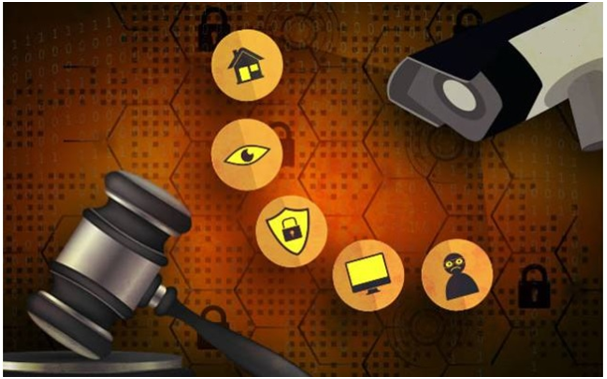The supreme court in a landmark judgement said that ‘Privacy is a Fundamental Right’ and has upheld it under article 21 of part III of the constitution. There is likelihood that the Aadhaar case would now be heard by a five member bench in the light of the recent judgement.
Aadhaar: The Journey So Far
‘Aadhaar is purely voluntary and could not be made mandatory’, was declared by a Supreme Court constitutional bench in October, 2015. Several petitions were filed later on to challenge the Aadhaar on the grounds of breach of privacy, and subsequently in April, 2016 the passage of Aadhar act came under the Supreme Court scanner.
In July, 2017, a bench of five judges decided that a larger bench of nine judges of Supreme Court should first decide whether Right to Privacy is a fundamental right. So far, the M.P. Sharma case of 1950 and Kharak Singh case of 1962 had guided the dialogues over the issue of privacy and to overcome these two preceding judgements a larger bench was required.
On the first day of hearing the nine judge bench comprising of Chief Justice J.S. Khehar, Justice Chelameswar, Justice S. A. Bobde, Justice R.K. Agrawal, Justice Rohinton F. Nariman, Justice Abhay Manohar Sapre, Justice D.Y. Chandrachud, Justice Sanjay Kishan Kaul and Justice S Abdul Nazeer orally observed that we now live in the world of big data and privacy is not absolute. On August 24, 2017, the bench declared ruled that right to privacy is “intrinsic to life and liberty”.
Defogging The Impact
The batch of petitions that have been filed to challenge the Aadhaar scheme involving the element of privacy can now be judged in the light of recent judgement but Aadhaar by itself is out of the scope of the recent judgement.
The present legal system in India is rather weak to tackle the issues of data exploitation. The legislative may be required to bring out some amendments in the Aadhaar Act or other data protection legislation to make Aadhaar system more secure. Besides, this shall also accrue a huge economic cost and the efforts put in so far would turn out to be sunk cost.
The biggest impact of the recent judgement on Aadhaar case is that it shall end the legal gridlock about the constitutional status of ‘Right to Privacy’ which was a critical element in most of the cases relating to Aadhaar. The field is now clear for the Aadhar hearings.
Aadhaar Act a valid law of land, work will have to be done as per it: UIDAI CEO via @htTweets https://t.co/tDFyXnX8G4
— Aadhaar (@UIDAI) August 25, 2017













